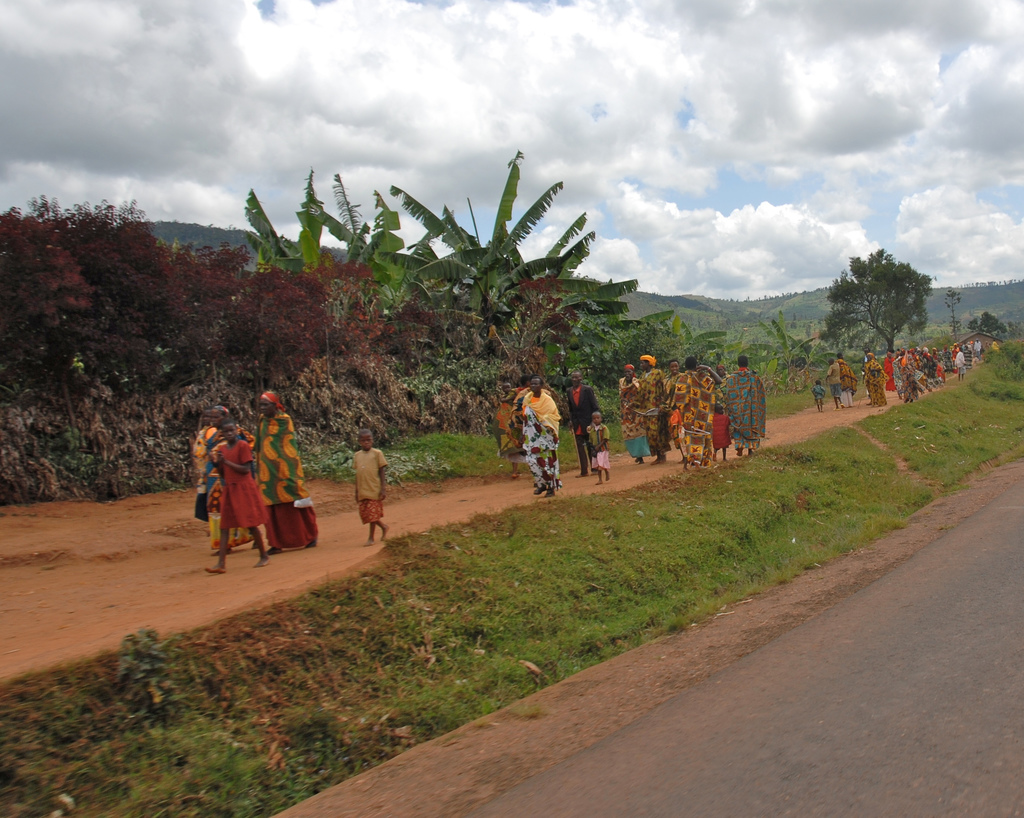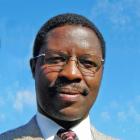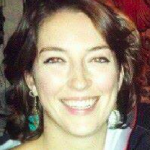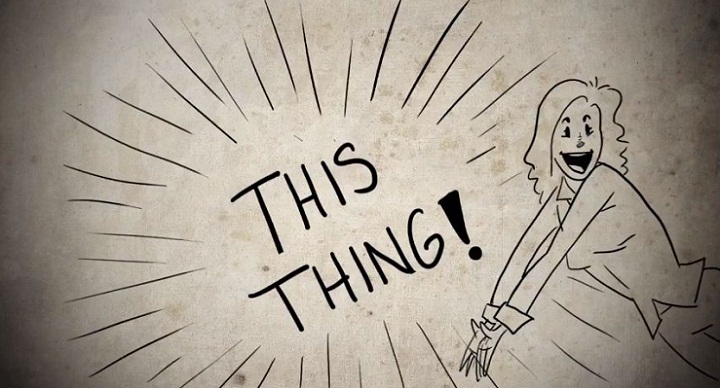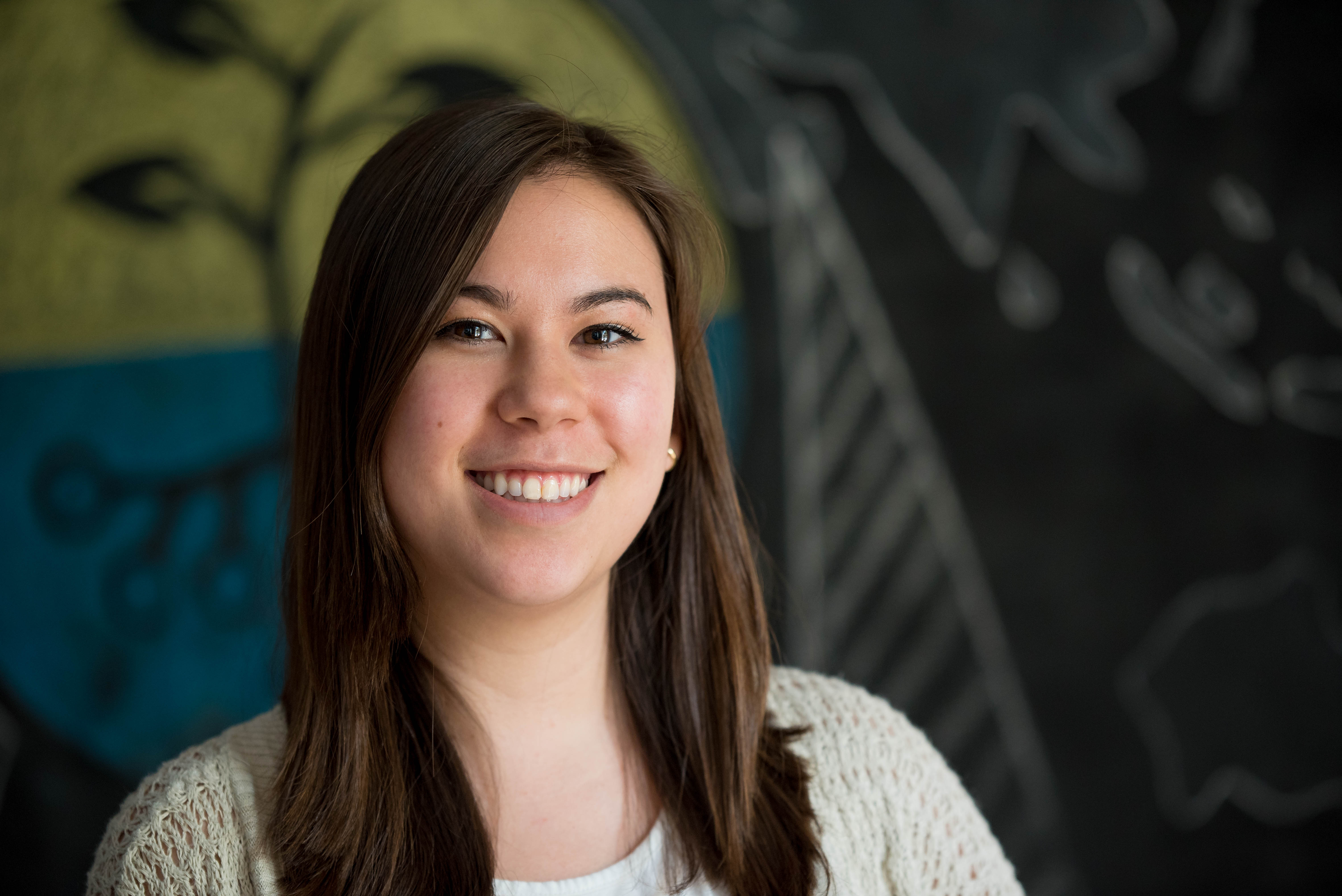By Ella Duncan
More than 300,000 people lost their lives in the bloody civil war that ravaged Burundi from 1993 to 2005. Almost twice as many were forced to leave their homes, slowly returning over the last decade. Today, the relative peace that Burundi so arduously achieved is again at risk; violent protests and rising tensions threaten to make the upcoming elections a moment of widespread chaos, rather than democracy and national unity.
Dr. David Niyonzima experienced the horror of the civil war first-hand. A member of the historically peaceful Quaker Church, which introduced him to peaceful social activism and helped him develop his spirituality, David survived a massacre in 1993. “I was teaching a training for young Quaker pastors when soldiers came to exact revenge, because they thought the students belonged to a rival ethnic group. I saw 8 out of my 11 students murdered,” he recalls.
David is now the Director of Trauma Healing and Reconciliation Services (THARS). He has dedicated his life to understanding the impact of peacebuilding programs on the communities they involve, in order to design better strategies. It was his experience as a survivor that inspired his determination to make his country a more peaceful place.
For David, meeting the man who led the soldiers to come to kill him and his students was a life-changing experience. “I extended forgiveness to him,” he says. “It gave me a great sense of transformation, even though I had not planned for it. I was inspired that there must be a reason I was alive, that God wanted me to plant a seed of peace.” Invigorated by the experience, David started community programs to foster reconciliation and healing, but met challenges that seemed insurmountable. “I began to organize peace workshops and seminars to promote peace through Quakerism. Yet we were not making progress, so I asked myself – why are we not making impact? Trauma healing was the missing element of peace.”
David believes that peace is not possible without trauma healing, that “treating the past” is the key component of peacebuilding. “Peace is not only the absence of fighting,” he explains. “It is also the restoration of relationships.” As a result, THARS takes a holistic approach to interpersonal development and relationships through Sensitivity Training, Trauma Healing Capacity Building, Individual and Group Therapy, and Self-Help and Self-Reliance initiatives.
To monitor and measure its work, THARS has adapted an existing Post-Traumatic Stress Disorder tool to the context of Burundi. They assess participants as they enter a training or workshop, and then again six months later. Progress is measured on the basis of self-reported indicators of social behavior, the participants’ approach to conflict in their communities, and their decision-making strategies.
According to David, “the most important monitoring tool is testimony. It gives participants the opportunity to demonstrate through stories how they are self-reliant and addressing trauma on their own.” He strongly believes in the importance of developing a culture of speaking among the participants in THARS’ programs; “empowering people to speak truth about their history contributes to peace,” he says.
One of THARS’ current programs, Addressing the Past, focuses on villages where atrocities occurred during the civil war. It employs testimony and the growth of a culture of speaking to measure healing at all levels, using individual and group therapy to work through trauma issues. Addressing the Past doesn’t focus exclusively on those who were directly in the war, but also on people who are affected by the so-called remnants of war. David gives the example of wives who become victims of the untreated trauma of their husbands, when the latter return from fighting and engage in gender-based violence in the home.
David says that the major challenge in measuring THARS’ work is creating and communicating standard definitions of trauma and forgiveness. However, he and his colleagues have already made a lot of progress. “When THARS began in 2002, there was no discussion of trauma in Burundi,” he remembers. “We have brought awareness, and now people can see what trauma is, what to do to address it, where to go for help.”
David is hopeful that Trauma Healing will further spread as an accepted process in Burundi. He envisions it as an inclusive tool, that will unite all Burundians behind the common goal of emerging together, and stronger, from the violence of the past. “Peace will come when those who perpetrate violence join the healing process,” he concludes.
Suggested resources to learn more
Visit THARS’ website at http://thars.org/.
Read a mid-term evaluation of THARS’ work with Search for Common Ground on a 2007 Victims of Torture program, funded by USAID here (https://www.sfcg.org/2004-victims-of-torture-mid-term-project-evaluation/).
Explore Trauma Healing related resources on DME for Peace http://dmeforpeace.org/category/themes/justice-truth-and-reconciliation/trauma-healing.
About Ella
Ella Duncan is the DME for Peace Project Manager, DME for Peace is a project of Search for Common Ground which connects a growing global community of over 4,000 members to over 800 resources on Design, Monitoring, and Evaluation for Peace and Peacebuilding programming. Ella received her B.S. from Cornell University.
This post originally appeared on DME for peace.
Featured image credit: Dave Proffer Flickr (Creative Commons License)

